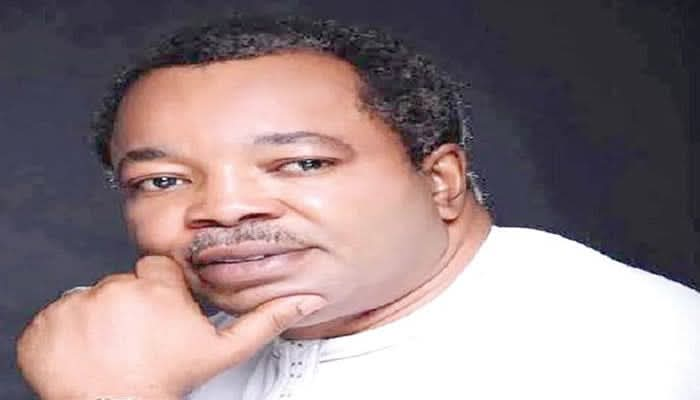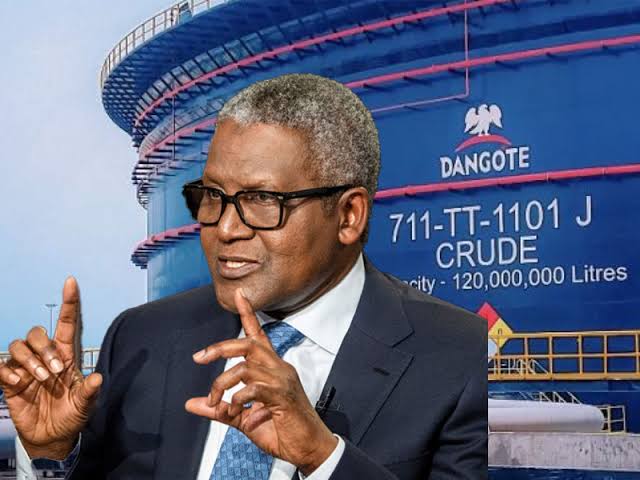The Chairman of the All Progressives Congress (APC) in Edo State, Jarrett Tenebe, has warned that any commissioner who disobeys Governor Monday Okpebholo’s directive to wear the ‘Asiwaju cap’ to State Executive Council meetings will face suspension from the party.
Tenebe made the statement on Monday while addressing party members in Benin City, emphasizing that adherence to the governor’s directive is a sign of loyalty to both the APC and President Bola Ahmed Tinubu’s leadership.
According to the Edo APC chairman, the directive requiring commissioners and government officials to wear the distinctive ‘Asiwaju cap’—a symbol associated with President Tinubu—was aimed at promoting unity and solidarity within the party. He stated that the cap represents more than attire, describing it as “a mark of allegiance to the ideals and leadership of the APC at both state and national levels.”
“The governor has issued a directive that all commissioners must appear at State Executive Council meetings wearing the Asiwaju cap,” Tenebe said. “Any commissioner who fails to comply with this instruction will not only be barred from participating in the meeting but will also face disciplinary action, including suspension from the party.”
Tenebe stressed that the APC in Edo State would not tolerate acts of insubordination or disloyalty from government appointees, particularly at a time when the party is working to strengthen its structures ahead of future elections. He added that wearing the cap symbolizes unity and respect for the president’s political leadership, urging all party members to comply willingly.
“We cannot afford division within our ranks. Loyalty is key, and those who hold positions of authority under the APC government must demonstrate that loyalty in both words and actions,” he said. “Anyone who feels too big to follow party directives should be ready to step aside.”
The statement has generated mixed reactions within political circles in Edo State. While some APC members have described the move as a harmless show of solidarity with President Tinubu, others view it as unnecessary and politically excessive.
Critics argue that compelling commissioners to wear a specific cap could distract from governance and portray the state government as prioritizing symbolism over substance. Some also cautioned that enforcing such directives might breed resentment among appointees and deepen internal divisions within the party.
However, supporters of the directive contend that the measure reinforces party identity and demonstrates loyalty to the ruling APC at the federal level. They maintain that it is a symbolic gesture meant to align Edo State with the broader vision of President Tinubu’s administration.
Governor Okpebholo, who assumed office earlier this year, has been working to consolidate his administration’s relationship with the federal government and strengthen the APC’s political base in Edo State. Party officials say the governor’s directive is consistent with his broader goal of ensuring discipline and cohesion within the state’s political structure.
As debates continue, the Edo APC leadership insists that compliance with the governor’s instruction is non-negotiable. Tenebe reiterated that the party’s interest remains paramount and that any act of defiance will be dealt with swiftly in line with party disciplinary procedures.
“The Asiwaju cap is a symbol of our collective identity as members of the APC family,” Tenebe concluded. “Anyone who chooses not to wear it is simply choosing not to be part of that family.”





